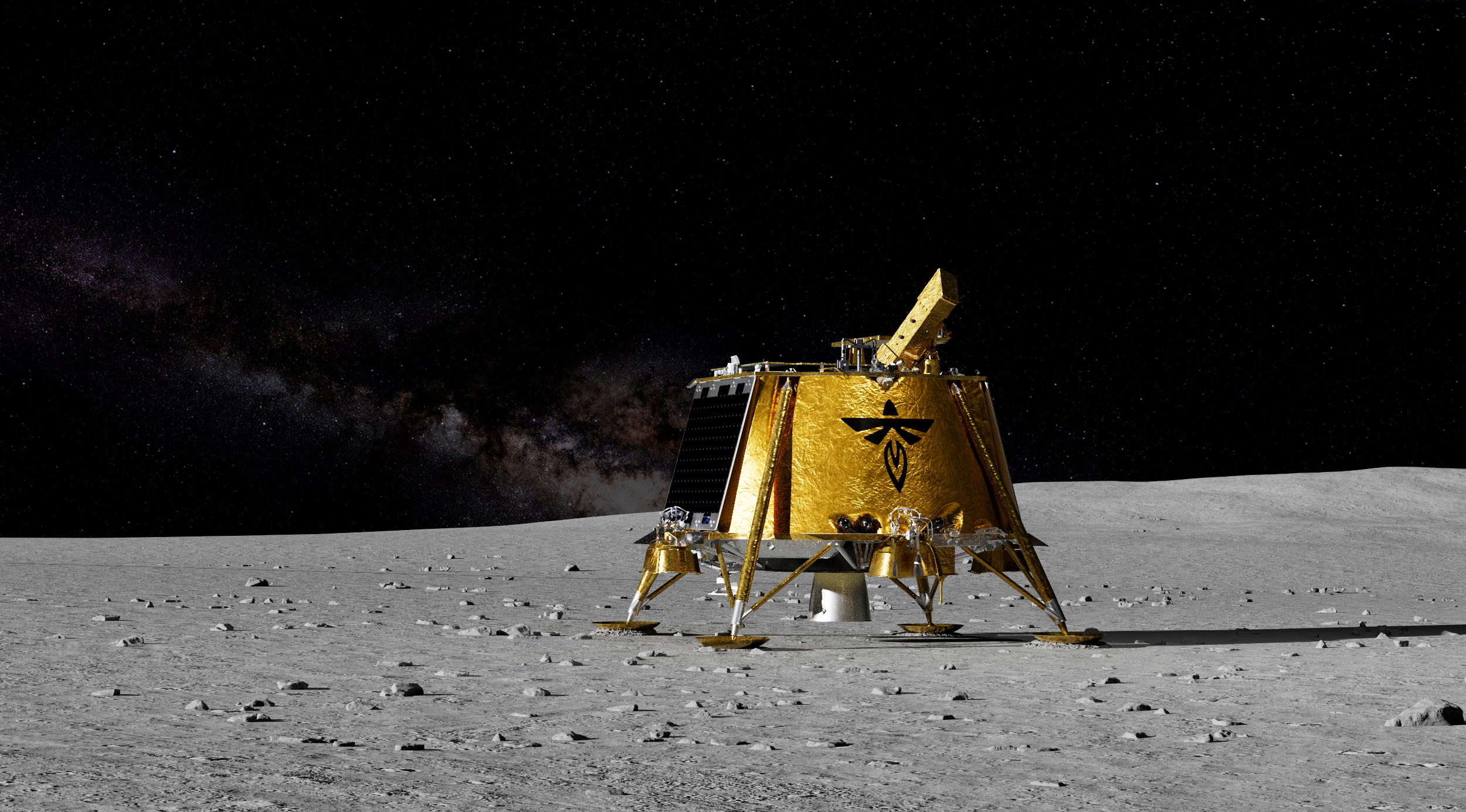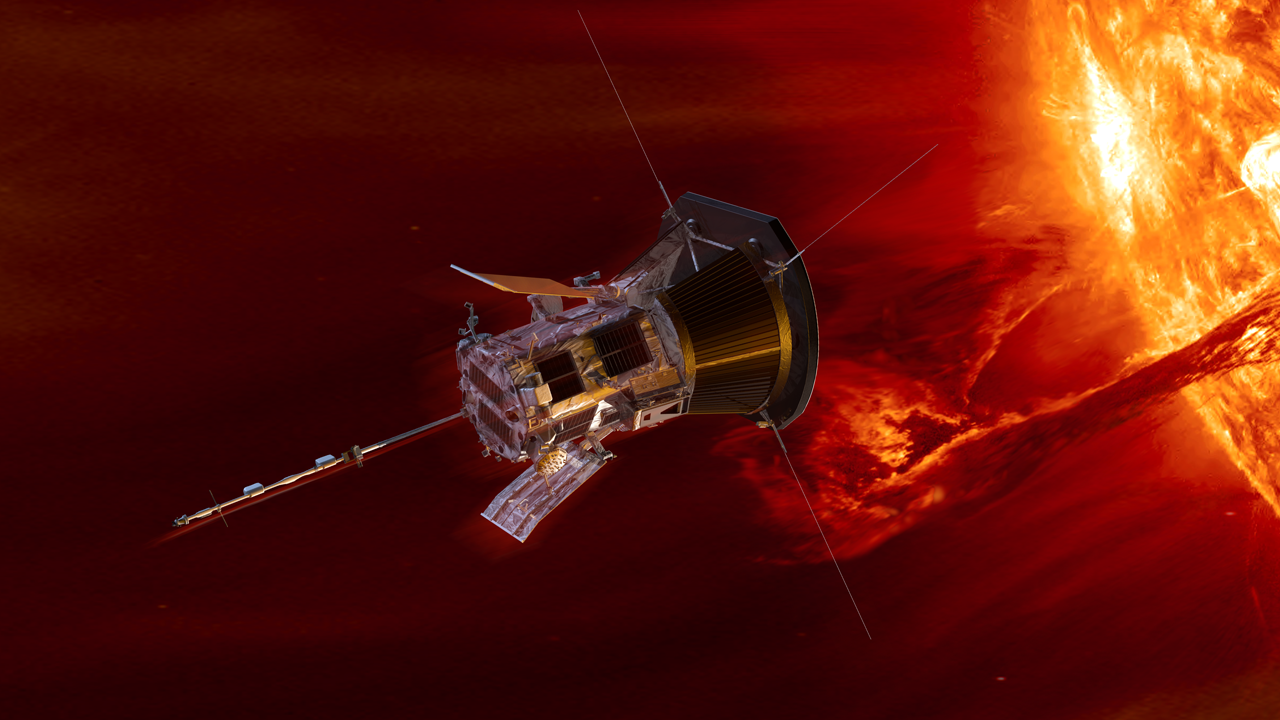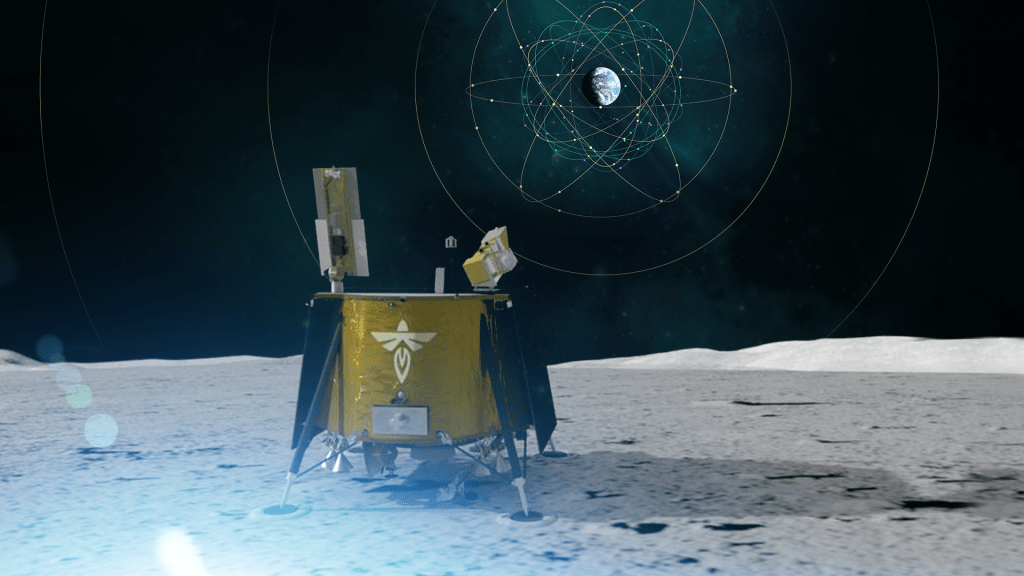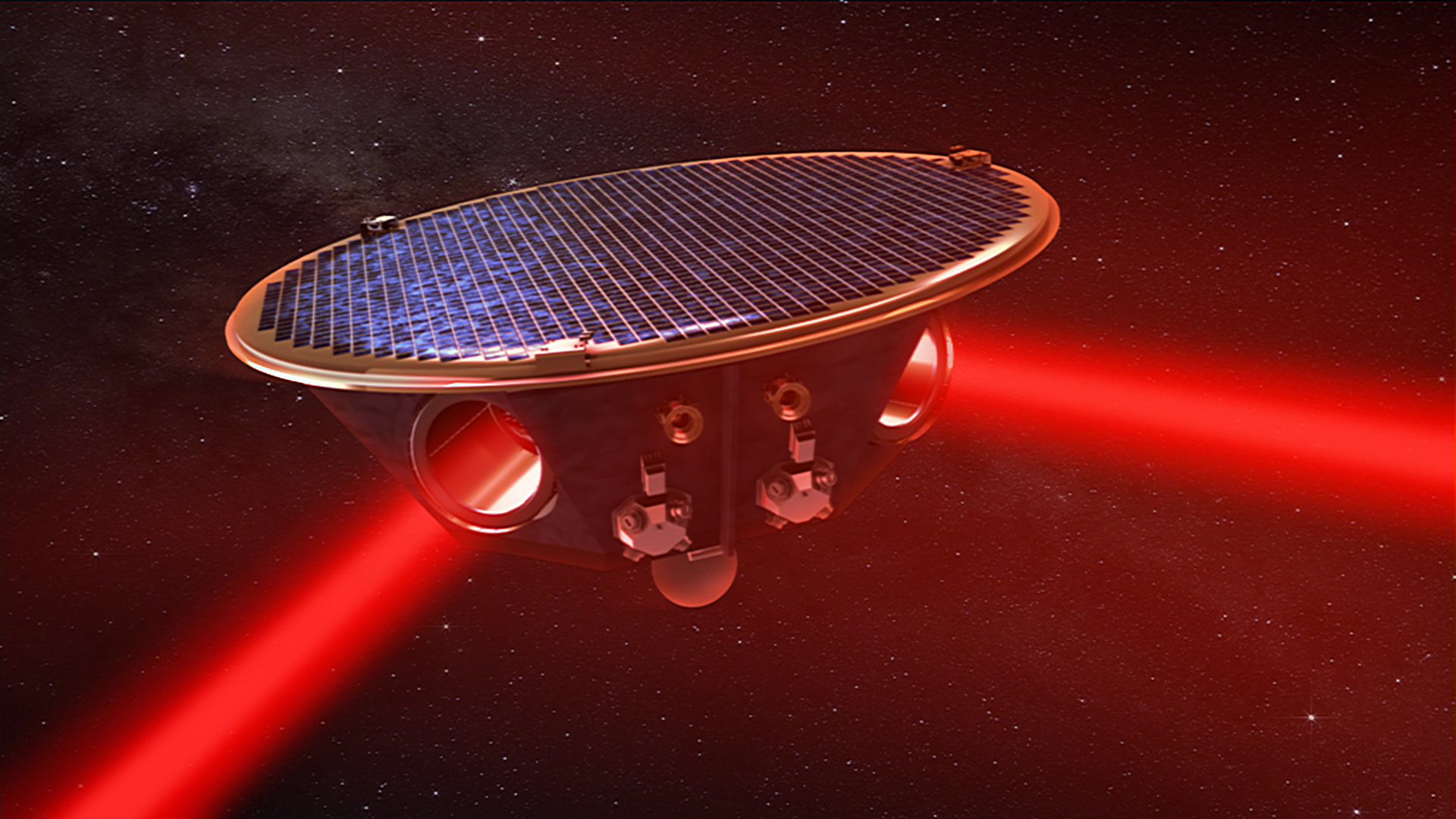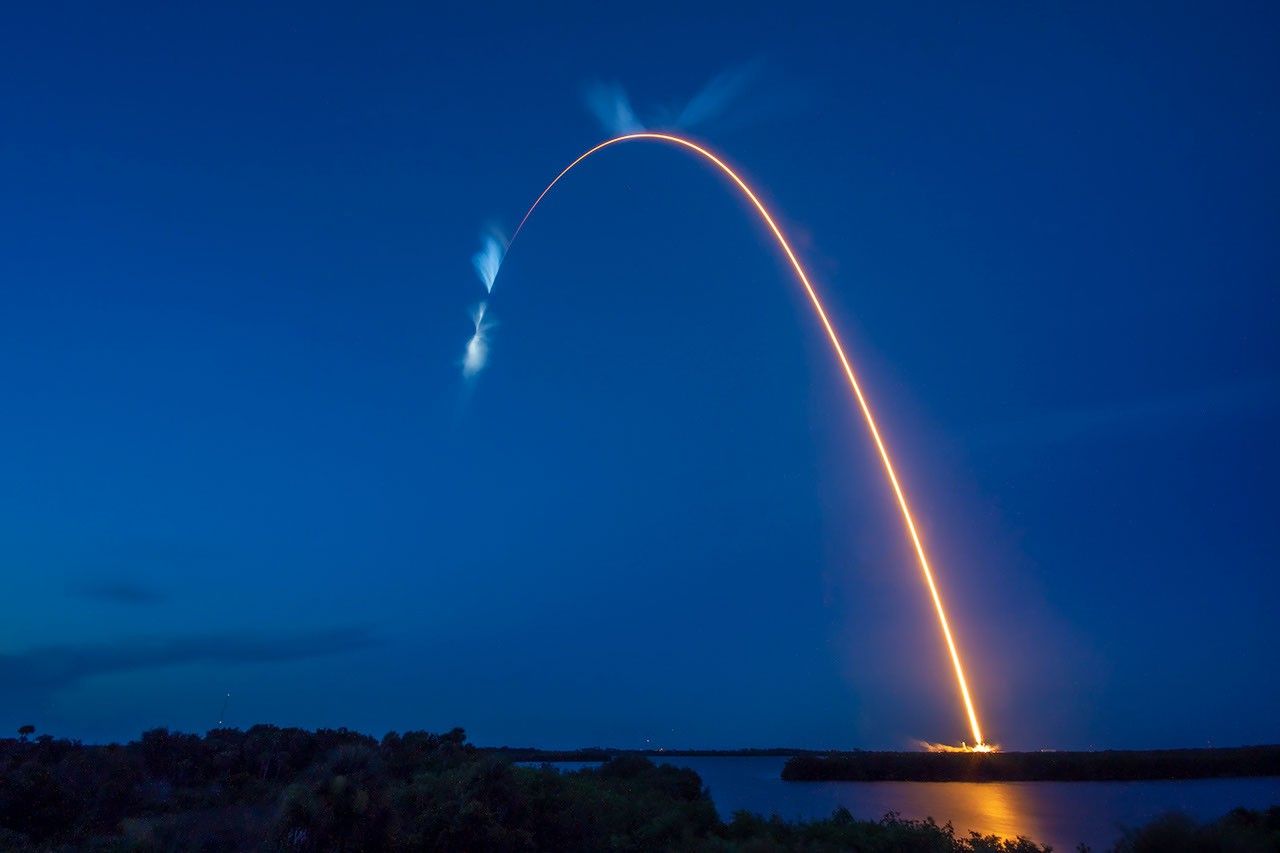With a targeted launch date of July 30, the next robotic scientist NASA is sending to the to the Red Planet has big ambitions.
Scheduled to launch this Thursday, on July 30, NASA’s Mars 2020 Perseverance rover is the agency’s most sophisticated yet. As if landing on the Red Planet and surviving on the surface weren’t challenging enough, the car-sized vehicle carries with it instruments and technology that will help pave the way for human exploration of Mars. But there’s much more to the mission than dazzling engineering. There’s science.
Along with characterizing the planet’s geology and climate, Perseverance is on a quest to find signs of ancient microscopic life. This new three-minute video from NASA lays out the science behind this ambitious astrobiology mission, which lands on Feb. 18, 2021, in Jezero Crater. Home to a lake billions of years ago, it isn’t your typical Mars crater. “This is a wonderful place to live for microorganisms,” says Perseverance Project Scientist Ken Farley of Caltech, speaking of the time when the lake was still there. “And it is also a wonderful place for those microorganisms to be preserved so that we can find them now so many billions of years later.”
Watch as Farley of Caltech and Deputy Project Scientist Katie Stack-Morgan of NASA’s Jet Propulsion Laboratory talk about the tricky task of gathering those rock and sediment samples, which will be the first collected from another planet for eventual return to Earth, where they can undergo the sort of scientific investigation that demands instruments too large and complex to send to Mars.
More About the Mission
A division of Caltech in Pasadena, JPL manages the Mars 2020 Perseverance rover mission for the agency’s Science Mission Directorate. The mission is part of a larger program that includes missions to the Moon as a way to prepare for human exploration of the Red Planet. Charged with returning astronauts to the Moon by 2024, NASA will establish a sustained human presence on and around the Moon by 2028 through NASA’s Artemis lunar exploration plans.
For more information about the mission, go to:
https://mars.nasa.gov/mars2020/
For more about NASA’s Moon to Mars plans, visit:
https://www.nasa.gov/topics/moon-to-mars
DC Agle
Jet Propulsion Laboratory, Pasadena, Calif.
818-393-9011
agle@jpl.nasa.gov
Alana Johnson / Grey Hautaluoma
NASA Headquarters, Washington
202-672-4780 / 202-358-0668
alana.r.johnson@nasa.gov / grey.hautaluoma-1@nasa.gov
2020-148


